
0
+
Google Reviews

0
+
4.6 (2210 Ratings)
A MySQL Developer is a professional who specializes in working with MySQL, an open-source relational database management system (RDBMS). MySQL is widely used for developing and maintaining databases for various applications, websites, and software solutions. MySQL Developers play a critical role in the development and maintenance of MySQL databases, ensuring data reliability, performance, and security for various applications and systems


Curriculum Designed by Experts
Module-1 Retrieving Data Using the MySQL SELECT Statement
Basic SELECT Statement
Selecting All Columns
Selecting Specific Columns
Arithmetic Expressions
Defining a Null Value
Duplicate Rows
Displaying Table Structure
Assignments
Module-2 Restricting and Sorting Data
Module-2 Limiting Rows Using a Selection
Module-2 Using the WHERE Clause
Module-2 Character Strings and Dates
Module-2 Comparison Conditions
Module-2 Logical Conditions
Module-2 Rules of Precedence
Module-2 Using the ORDER BY Clause
Module-2 Using the LIMIT Clause
Module-2 Assignments
Module-3 Using Single-Row Functions to Customize Output
Module-3 MySQL Functions
Module-3 Two Types of MySQL Functions
Module-3 Single-Row Functions
Module-3 Character Functions
Module-3 Case-Manipulation Functions
Module-3 Character-Manipulation Functions
Module-3 Number Functions
Module-3 Working with Dates
Module-3 Arithmetic with Dates
Module-3 Date Functions
Module-3 Conversion Functions
Module-3 Nesting Functions
Module-3 General Functions
Module-3 Conditional Expressions
Module-3 Assignments
Module-4 Reporting Aggregated Data Using the Group Functions
Module-4 Types of Group Functions
Module-4 Group Functions and Null Values
Module-4 Creating Groups of Data
Module-4 Using the GROUP BY Clause
Module-4 Restricting Group Results
Module-4 Using the HAVING Clause
Module-4 Assignments
Module-5 Displaying Data from Multiple Tables
Module-5 Obtaining Data from Multiple Tables
Module-5 Types of Joins
Module-5 Joining Tables Using SQL:1999 Syntax
Module-5 Creating Natural Joins
Module-5 Creating Joins with the USING Clause
Module-5 Using Table Aliases
Module-5 Creating Joins with the ON Clause
Module-5 Self-Joins Using the ON Clause
Module-5 Applying Additional Conditions to a Join
Module-5 Creating Three-Way Joins with the ON Clause
Module-5 Non-Equijoins
Module-5 Outer Joins
Module-5 INNER Versus OUTER Joins
Module-5 LEFT | RIGHT OUTER JOIN
Module-5 Cartesian Products
Module-5 Cross Join
Module-5 Assignments
Module-6 Using Subqueries to Solve Queries
Module-6 Using a Subquery to Solve a Problem
Module-6 Guidelines for Using Subquery
Module-6 Types of Subqueries
Module-6 Single-Row Subqueries
Module-6 Using Group Functions in a Subquery
Module-6 The HAVING Clause with Subqueries
Module-6 Multiple-Row Subqueries
Module-6 Using the ANY Operator in Multiple-Row Subqueries
Module-6 Using the ALL Operator in Multiple-Row Subqueries
Module-6 TOP-N Analysis using Subquery
Module-6 Assignments
Module-7 Using the Set Operators
Module-7 UNION/UNION ALL
Module-7 INTERSECT
Module-7 MINUS
Module-7 Set Operator Guidelines
Module-7 Controlling the Order of Rows
Module-7 Assignments
Module-8 Manipulating Data
Module-8 Data Manipulation Language
Module-8 Adding a New Row to a Table
Module-8 INSERT Statement Syntax
Module-8 Inserting Rows with Null Values
Module-8 Copying Rows from Another Table
Module-8 Changing Data in a Table
Module-8 UPDATE Statement Syntax
Module-8 Updating Two Columns with a Subquery
Module-8 Updating Rows Based on Another Table
Module-8 Removing a Row from a Table
Module-8 DELETE Statement
Module-8 Deleting Rows from a Table
Module-8 TRUNCATE Statement
Module-8 Database Transactions
Module-8 Advantages of COMMIT and ROLLBACK Statements
Module-8 Controlling Transactions
Module-8 Rolling Back Changes to a Marker
Module-8 State of the Data After COMMIT
Module-8 Committing Data
Module-8 State of the Data After ROLLBACK
Module-8 Statement-Level Rollback
Module-8 Read Consistency
Module-8 Implementation of Read Consistency
Module-8 Assignments
Module-9 Using DDL Statements to Create and Manage Tables
Module-9 Database Objects
Module-9 CREATE TABLE Statement
Module-9 DEFAULT Option
Module-9 Data Types
Module-9 Including Constraints
Module-9 NOT NULL Constraint
Module-9 UNIQUE Constraint
Module-9 PRIMARY KEY Constraint
Module-9 FOREIGN KEY Constraint
Module-9 CHECK Constraint
Module-9 Violating Constraints
Module-9 Creating a Table by Using a Subquery
Module-9 ALTER TABLE Statement
Module-9 Dropping a Table
Module-9 Assignments
Module-10 Creating Other Schema Objects
Module-10 What Is a View?
Module-10 Advantages of Views
Module-10 Simple Views and Complex Views
Module-10 Creating a View
Module-10 Retrieving Data from a View
Module-10 Modifying a View
Module-10 Creating a Complex View
Module-10 Rules for Performing DML Operations on a View
Module-10 Using the WITH CHECK OPTION Clause
Module-10 Removing a View
Module-10 Sequences (AUTO_INCREMENT)
Module-10 Using a Sequence
Module-10 Indexes
Module-10 Creating an Index
Module-10 Type of Index
Module-10 Removing an Index
Module-10 Assignments
Module-11 Declaring MySQL Variables
Module-11 Use of Variables
Module-11 Identifiers
Module-11 Handling Variables in MySQL
Module-11 Declaring and Initializing MySQL Variables
Module-11 Delimiters in String Literals
Module-11 Use of Select Statement in Block
Module-11 Assignments
Module-12 Writing Control Structures – Procedure
Module-12 Controlling Flow of Execution
Module-12 IF Statements
Module-12 Simple IF Statement
Module-12 IF THEN ELSE Statement
Module-12 IF ELSEIF ELSE Clause
Module-12 NULL Values in IF Statements
Module-12 CASE Statement
Module-12 CASE Statement: Example
Module-12 Searched CASE Expressions
Module-12 MySQL CASE vs. IF
Module-12 Iterative Control: LOOP Statements
Module-12 Basic Loops
Module-12 WHILE Loops
Module-12 REPEAT Loops
Module-12 Assignments
Module-13 Using Cursors – Procedure
Module-13 About Cursors
Module-13 Explicit Cursor Operations
Module-13 Controlling Explicit Cursors
Module-13 Declaring the Cursor
Module-13 Opening the Cursor
Module-13 Fetching Data from the Cursor
Module-13 Fetching Data from the Cursor using Loop
Module-13 Closing the Cursor
Module-13 MySQL CURSOR Restriction
Module-13 Cursors with Subqueries
Module-13 Assignments
Module-14 Handling Exceptions
Module-14 Declaring a handler
Module-14 MySQL error handling examples
Module-14 MySQL handler example in stored procedures
Module-14 MySQL handler precedence
Module-14 Using a named error condition
Module-14 MySQL handler precedence
Module-14 MySQL SIGNAL statement
Module-14 MySQL RESIGNAL statement
Module-14 Assignments
Module-15 Creating Stored Functions
Module-15 Describe the uses of functions
Module-15 Create stored functions
Module-15 Invoke a function
Module-15 Remove a function
Module-15 Differentiate between a procedure and a function
Module-15 Assignments
Module-16 Creating Stored Procedures
Module-16 Describe and create a procedure
Module-16 Create procedures with parameters
Module-16 Differentiate between formal and actual parameters
Module-16 Use different parameter-passing modes
Module-16 Invoke a procedure
Module-16 Handle exceptions in procedures
Module-16 Remove a procedure
Module-16 Assignments
Module-17 Creating Triggers
Module-17 Describe the different types of triggers
Module-17 Describe database triggers and their uses
Module-17 Create database triggers
Module-17 Describe database trigger-firing rules
Module-17 Remove database triggers
Module-17 Assignments
Radical Technologies is the leading IT certification institute in Kochi, offering a wide range of globally recognized certifications across various domains. With expert trainers and comprehensive course materials, it ensures that students gain in-depth knowledge and hands-on experience to excel in their careers. The institute’s certification programs are tailored to meet industry standards, helping professionals enhance their skillsets and boost their career prospects. From cloud technologies to data science, Radical Technologies covers it all, empowering individuals to stay ahead in the ever-evolving tech landscape. Achieve your professional goals with certifications that matter.
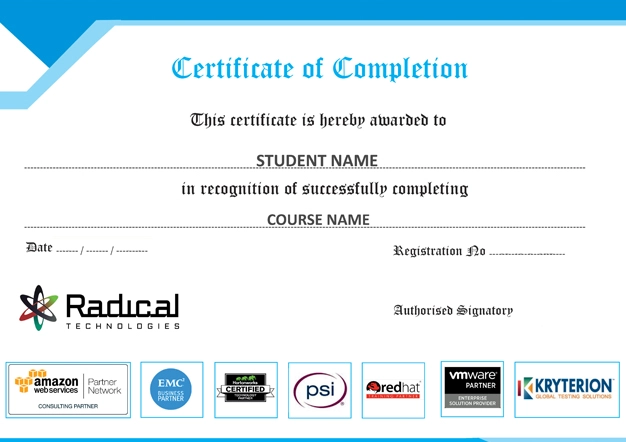


At Radical Technologies, we are committed to your success beyond the classroom. Our 100% Job Assistance program ensures that you are not only equipped with industry-relevant skills but also guided through the job placement process. With personalized resume building, interview preparation, and access to our extensive network of hiring partners, we help you take the next step confidently into your IT career. Join us and let your journey to a successful future begin with the right support.
At Radical Technologies, we ensure you’re ready to shine in any interview. Our comprehensive Interview Preparation program includes mock interviews, expert feedback, and tailored coaching sessions to build your confidence. Learn how to effectively communicate your skills, handle technical questions, and make a lasting impression on potential employers. With our guidance, you’ll walk into your interviews prepared and poised for success.
At Radical Technologies, we believe that a strong professional profile is key to standing out in the competitive IT industry. Our Profile Building services are designed to highlight your unique skills and experiences, crafting a resume and LinkedIn profile that resonate with employers. From tailored advice on showcasing your strengths to tips on optimizing your online presence, we provide the tools you need to make a lasting impression. Let us help you build a profile that opens doors to your dream career.









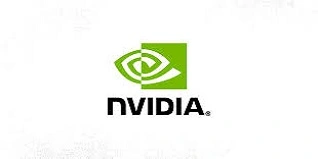
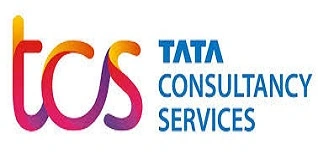


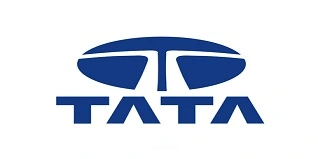

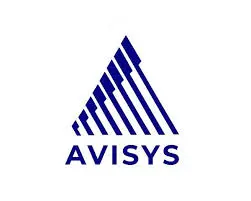





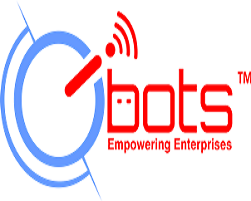
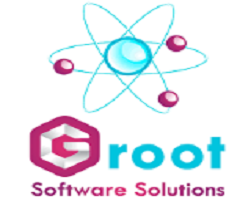
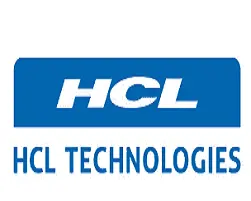

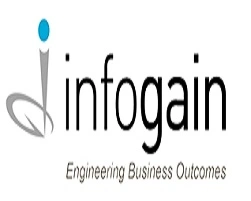
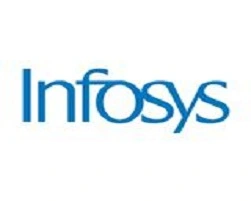
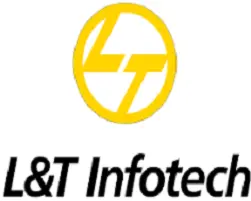
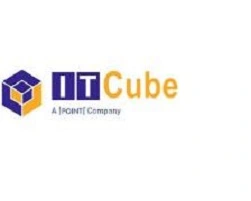

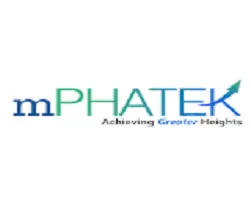
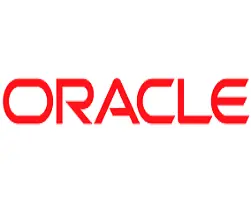

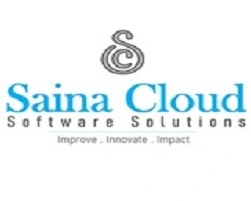






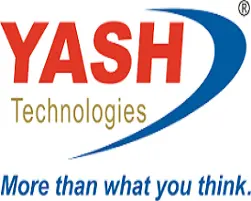

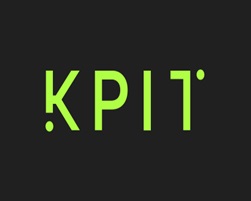
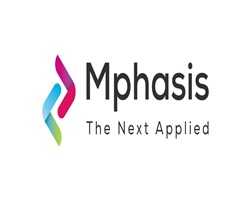
Kochi | Fort Kochi | Mattancherry | Ernakulam | Marine Drive | Kakkanad | Palarivattom | Kadavanthra | Chullikkal | Elamakkara | Kochi Port | Vyttila | Aluva | Thrippunithura | Panampilly Nagar | Edappally | Kothad | Njarackal
At Radical Technologies, we are committed to providing world-class Azure Data Engineer Training in Bangalore, helping aspiring data professionals master the skills needed to excel in the rapidly growing field of cloud data engineering. As the leading institute for Azure Data Engineer Course In Bangalore, we offer comprehensive, hands-on training designed to meet the demands of today’s data-driven organizations.
Our Azure Data Engineer Training Bangalore program covers every aspect of the Azure Data Engineer Syllabus, ensuring that students receive in-depth knowledge of data architecture, data processing, and data storage on Microsoft Azure. Whether you prefer attending classes in-person or via Azure Data Engineer Online Training, Radical Technologies provides flexible learning options to suit your needs.
Our Azure Data Engineering Training is renowned for its practical, real-world approach. Students have access to an industry-leading Azure Data Engineer Bootcamp, which combines theory and hands-on labs to ensure they are fully prepared for their certification exams. The Microsoft Azure Data Engineer Training is tailored to cover all key topics, from data integration to security, and is led by experienced professionals who are experts in their field.
For professionals and organizations seeking Azure Data Engineering Corporate Training, we offer tailored courses that address specific business needs. Our Azure Data Engineering Corporate Training Course ensures that teams gain practical experience in building scalable, secure, and efficient data solutions on Azure.
At Radical Technologies, our Azure Data Engineer Courses are structured to ensure that both beginners and experienced professionals alike can enhance their knowledge. The Azure Data Engineer Certification Training offered here equips students with the skills and credentials needed to stand out in a competitive job market.
Our institute also offers the Azure Data Engineer Full Course, which provides a comprehensive pathway for mastering Azure Data Engineering concepts and techniques. We take pride in being one of the top Azure Data Engineer Institutes in Bangalore, with a proven track record of helping students achieve their Azure Data Engineering Certification.
Whether you are looking for Azure Data Engineer Training Online or prefer our in-person classes in Bangalore, Radical Technologies is your trusted partner for career advancement in data engineering. Join us today to enroll in the Best Azure Data Engineer Course and kick-start your journey towards becoming a certified data engineer.


(Our Team will call you to discuss the Fees)


(Our Team will call you to discuss the Fees)